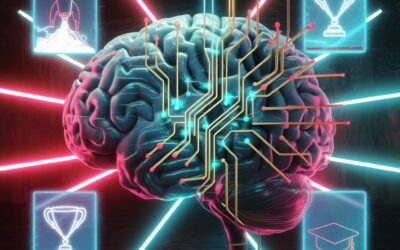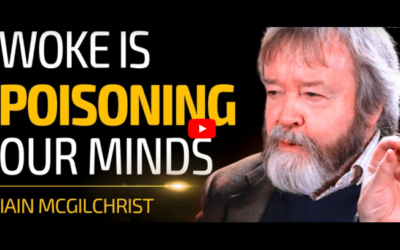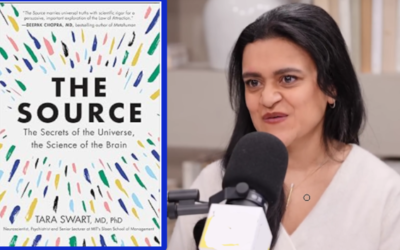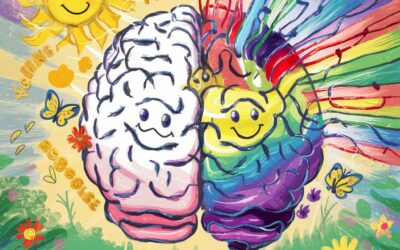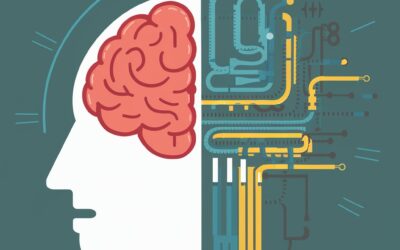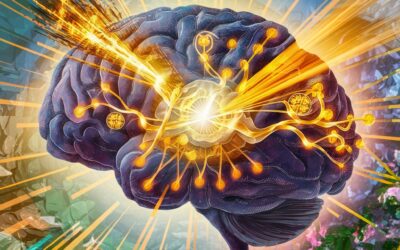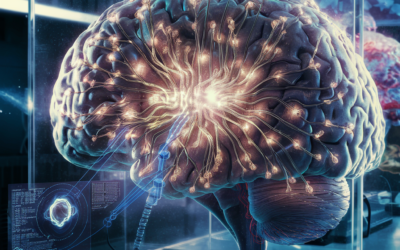Richie Davidson is a neuroscientist and author of 'The Emotional Life of Your Brain', that decided to study the brain and in particular, happiness. His work has recently been shown in several documentary films and he has also been a speaker with his holiness the Dalai Lama about meditation and neuroscience.
In this clip we can hear Richie talking about meditation and how it can change the brain to allow people to become more resilient.
"I have been studying the brain mechanisms that underlie emotions and variations among people in emotion. And as part of this research we have been very interested in how we can transform our emotions in ways that are more beneficial to make people happier, to make them more resilient, to improve their well being, and to improve their health more generally."
One of the things that is striking when you look at humanity is the extraordinary diversity among people and how they respond to the world around them. How they respond to life's slings and arrows, how they respond to adversity. Adversity happens to everyone. It's something we can't avoid. And what distinguishes among people is their emotional response to these kinds of challenges that they experience and over the last ten years in particular, we have been very interested in the role of meditation in the cultivation of more positive emotional qualities and the cultivation of resilience. "
'And so we have been interested in exploring how meditation changes the brain and how these changes in the brain may be responsible for and accompany changes that occur in consciousness, emotional reactions, in bodily processes for our physical health. So we've been engaged in a very broad program of research to better understand how meditation practices can produce these kinds of beneficial changes.' Richie Davidson Ph.D.
Even though there have been mental training strategies that have been extraordinary for helping to be more resilient, it is interesting to see what the next step is now that science can measure what is happening in the brain, how to change it and how to use advances in technology to merge all this together in the field of personal development.

